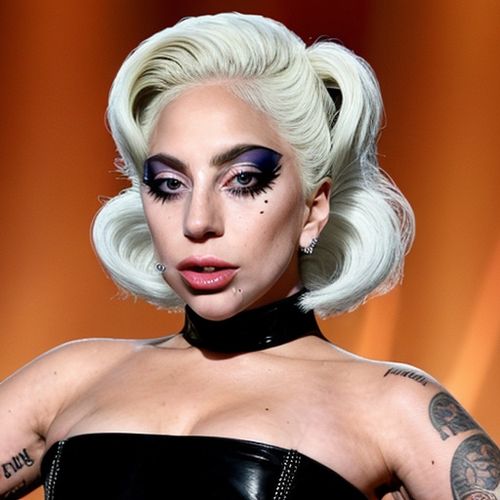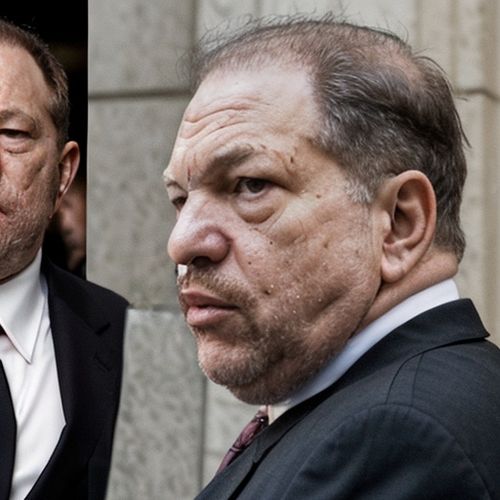In the world of comedy, few shows have had as lasting an impact as "Saturday Night Live" (SNL). For over four decades, the iconic sketch comedy show has pushed boundaries, launched careers, and provided a platform for some of the most daring and innovative comedic minds. However, even SNL has its limits, particularly when it comes to the use of profanity on live television. Bowen Yang, one of the show's most dynamic cast members, recently made a compelling case for why SNL should be allowed to break free from these constraints.
During an episode of his podcast "Las Culturistas," which he co-hosts with Matt Rogers, Yang shared his thoughts on the Federal Communications Commission (FCC) rules that prohibit the use of profanity on broadcast television. Yang argued that SNL should be granted an exception, allowing the cast to use certain swear words during their sketches. "We should be able to say at least five s---s and five f---s on 'SNL' per season," Yang said, expressing his frustration with the limitations placed on the show's comedic content.
Yang's argument is rooted in the belief that profanity can elevate comedy to new heights. He described feeling "so hampered in our comedy at 'SNL' by not being able to say" those words. For Yang, the use of s--- and f--- is not just about shock value; it's about the comedic power these words hold. "They are so comedically powerful as words," he explained. "I really think it would help us."
The idea of incorporating profanity into SNL sketches is not entirely new. In fact, there have been instances where the show has skirted the line, only to face potential consequences. During an episode in April, cast member Ego Nwodim found herself in a situation that tested the limits of what is permissible on live television. While performing a stand-up comedy bit on "Weekend Update," Nwodim engaged the audience in a call-and-response routine. When she asked, "because men ain't what?" the audience responded with "s---," much to the surprise of Nwodim and the show's anchors, Colin Jost and Michael Che. The moment was unexpected and unscripted, leading to a humorous and awkward exchange. "We’re gonna get fined for that," Nwodim quipped, drawing laughter from the audience.
Despite the potential for FCC action, it appears that no formal repercussions followed the incident. "I don't think anything came down, which I love," Yang shared on his podcast. This experience highlights the delicate balance SNL must strike between pushing creative boundaries and adhering to broadcast regulations.
Yang's plea for greater creative freedom on SNL raises important questions about the role of profanity in comedy and the impact of FCC regulations on artistic expression. Profanity has long been a tool used by comedians to challenge social norms, provoke thought, and elicit strong reactions from audiences. In the context of SNL, where sketches often tackle controversial and timely topics, the use of profanity could add an extra layer of authenticity and edginess.
However, the FCC's stance on profanity is rooted in concerns about protecting viewers, particularly children, from exposure to offensive language. The commission's regulations aim to ensure that broadcast television remains a safe and accessible medium for all audiences. This has led to a strict enforcement of standards that prohibit the use of certain words deemed offensive or indecent.
Yang's proposal to allow a limited number of swear words per season is a pragmatic approach that seeks to balance creative freedom with regulatory compliance. By setting a specific limit, SNL could experiment with the use of profanity in a controlled manner, without risking severe penalties from the FCC. This approach could also open up new avenues for storytelling and comedic expression, allowing the show to push the envelope in a way that feels organic and genuine.
The debate over profanity on SNL is not just about language; it's about the broader issue of creative control and the evolving standards of what is considered acceptable in entertainment. As society becomes more open to diverse forms of expression, the question of whether broadcast television should adhere to stricter standards than other media platforms becomes increasingly relevant. Streaming services, for example, have fewer restrictions on content, allowing for more explicit language and themes. This has led to a shift in the landscape of comedy, with many shows and specials taking advantage of the freedom to explore edgier material.
Yang's advocacy for greater creative freedom on SNL reflects a growing trend in the entertainment industry. Comedians and content creators are increasingly pushing back against traditional boundaries, seeking to challenge norms and engage audiences in more authentic and impactful ways. While the FCC's regulations serve an important purpose, they can sometimes feel at odds with the evolving nature of comedy and the desire for artists to express themselves fully.
In conclusion, Bowen Yang's plea for the use of profanity on "Saturday Night Live" is a bold and thought-provoking argument for creative freedom. His belief that certain swear words can elevate comedy and add a layer of authenticity to the show's sketches is rooted in a deep understanding of the power of language in humor. While the FCC's regulations are designed to protect viewers, they can also limit the creative potential of shows like SNL. Yang's proposal to allow a limited number of swear words per season offers a pragmatic solution that could benefit both the show and its audience.
As the entertainment landscape continues to evolve, the debate over profanity and creative freedom will likely persist. Shows like SNL, which have long been at the forefront of pushing boundaries, will continue to grapple with the balance between artistic expression and regulatory compliance. Bowen Yang's call for change is a reminder that comedy, at its best, should challenge norms and provoke thought. Whether or not SNL ultimately embraces this change, Yang's advocacy highlights the importance of questioning traditional limits and striving for greater creative freedom in the world of entertainment.

By Jessica Lee/May 9, 2025

By Samuel Cooper/May 9, 2025

By Daniel Scott/May 9, 2025

By William Miller/May 9, 2025

By Elizabeth Taylor/May 9, 2025

By Daniel Scott/Apr 25, 2025

By Jessica Lee/Apr 25, 2025

By Christopher Harris/Apr 25, 2025

By David Anderson/Apr 25, 2025

By Megan Clark/Apr 25, 2025

By Eric Ward/Apr 25, 2025

By Emily Johnson/Apr 25, 2025

By Elizabeth Taylor/Apr 25, 2025

By Noah Bell/Apr 25, 2025

By Sophia Lewis/Apr 25, 2025

By James Moore/Apr 25, 2025

By Grace Cox/Apr 25, 2025

By David Anderson/Apr 25, 2025

By David Anderson/Apr 25, 2025

By Jessica Lee/Apr 25, 2025